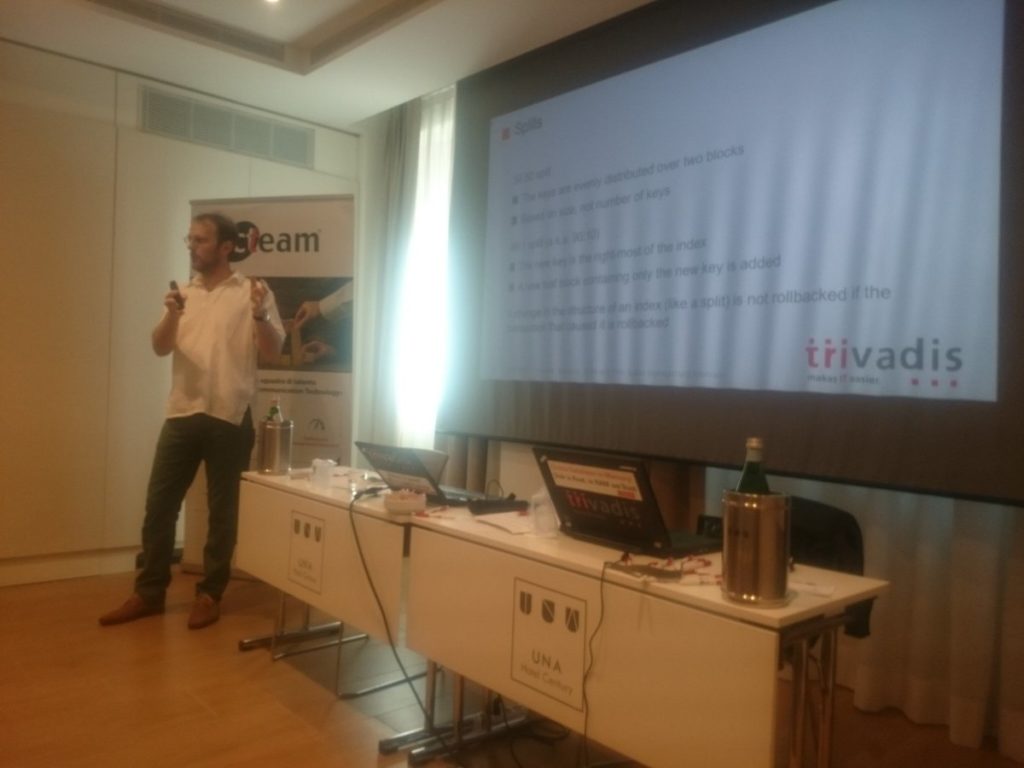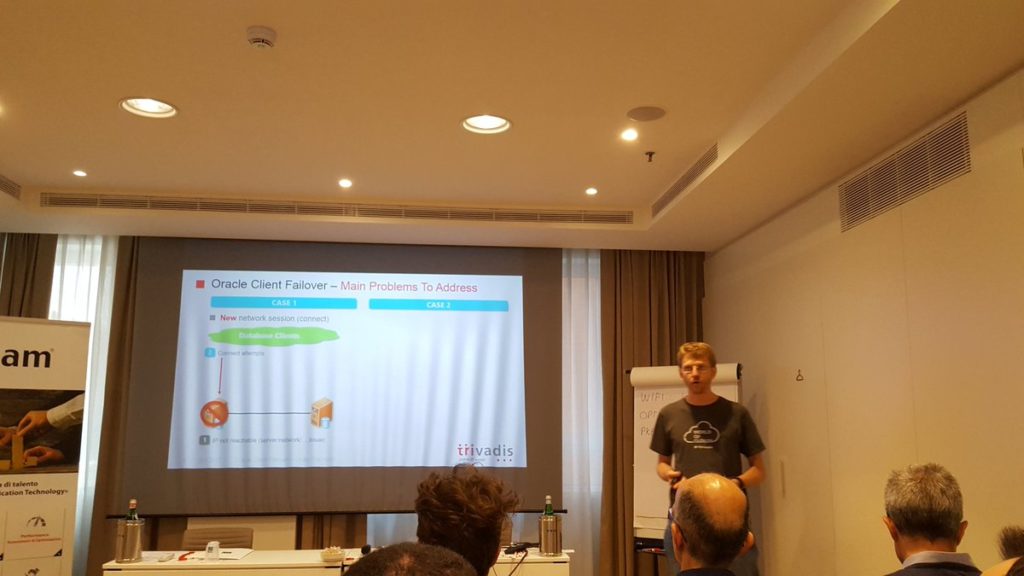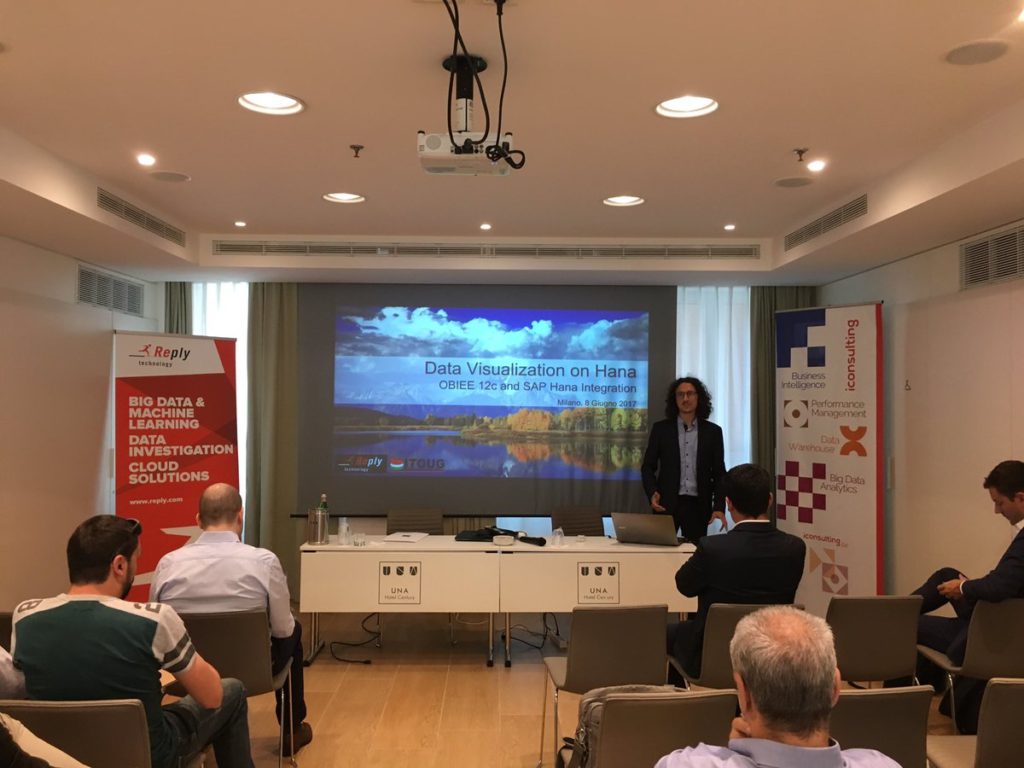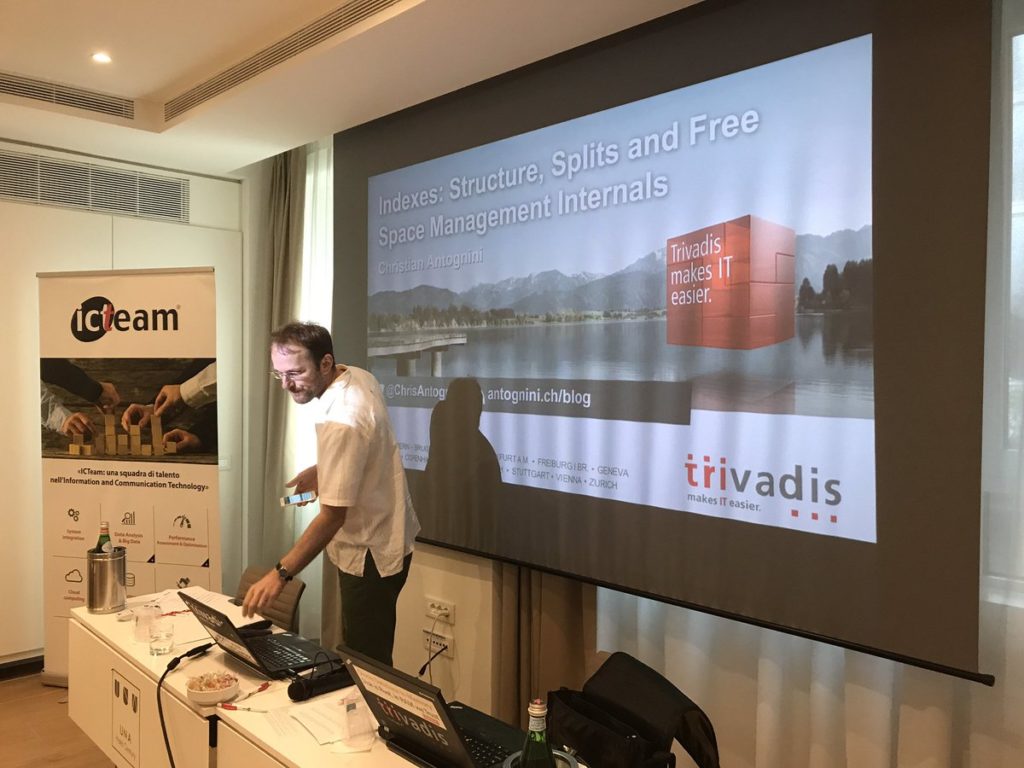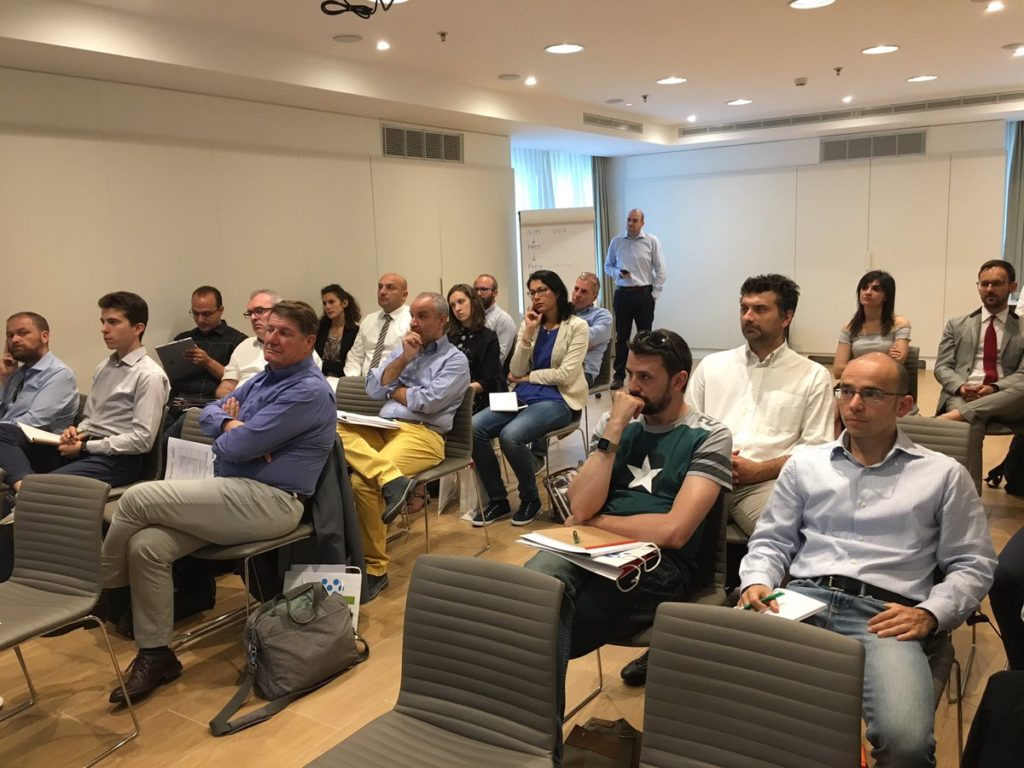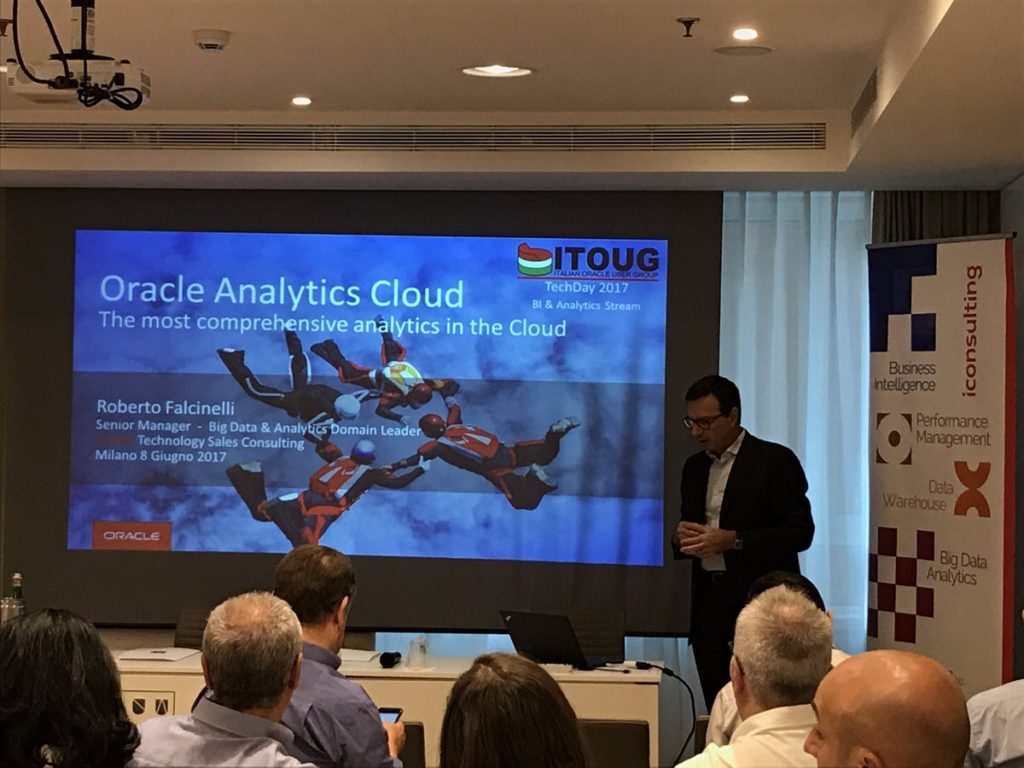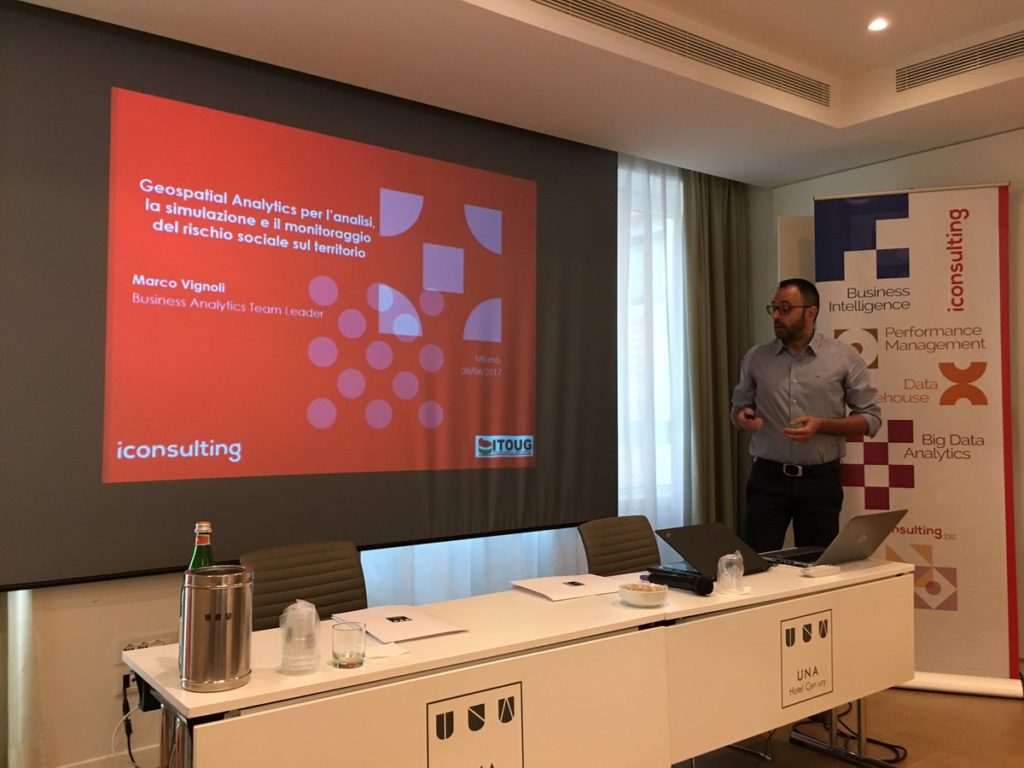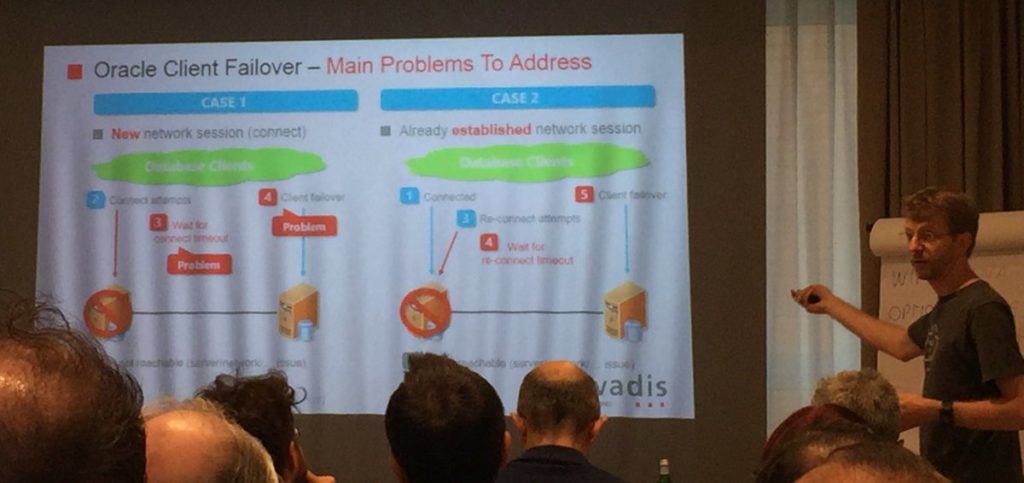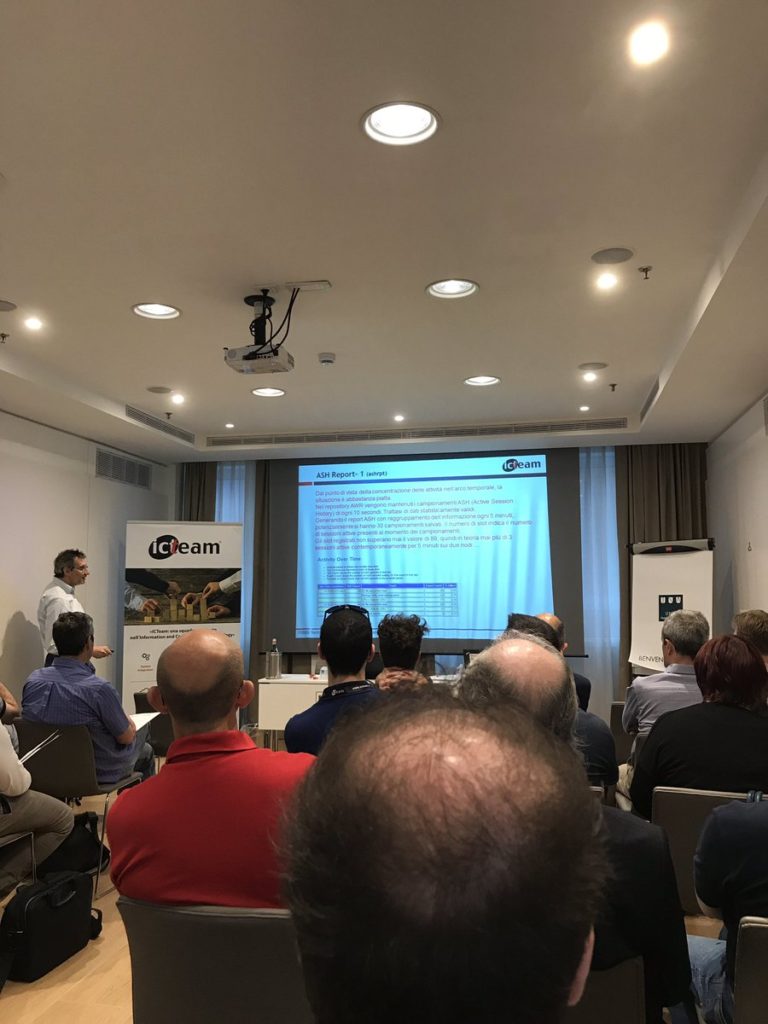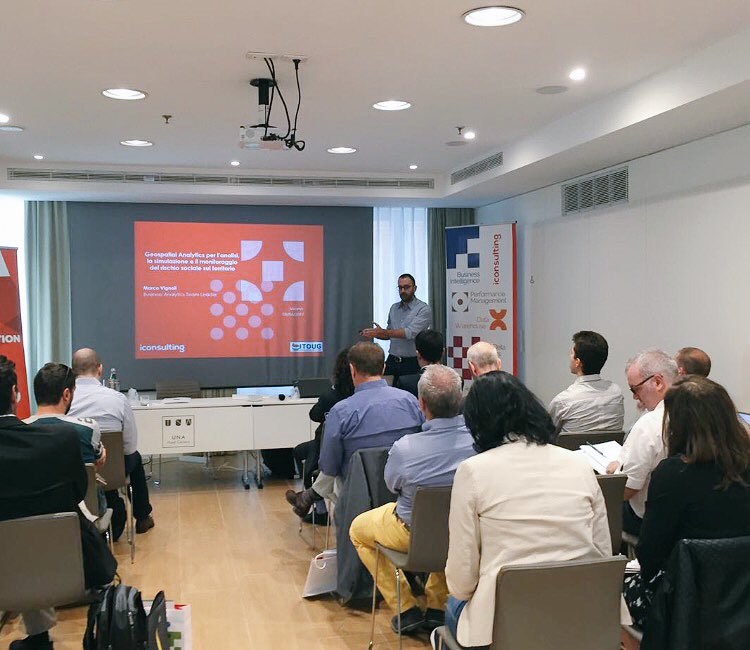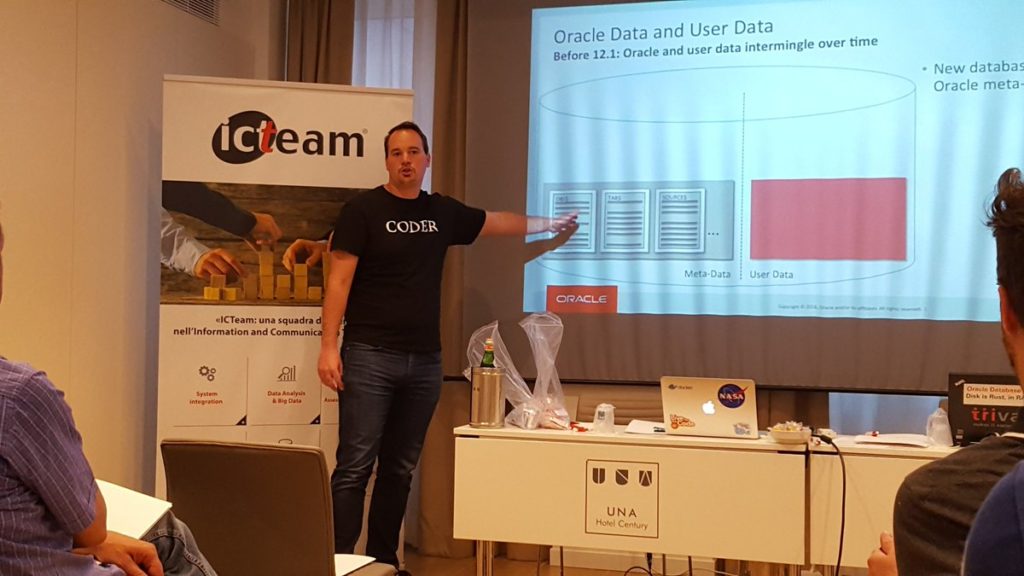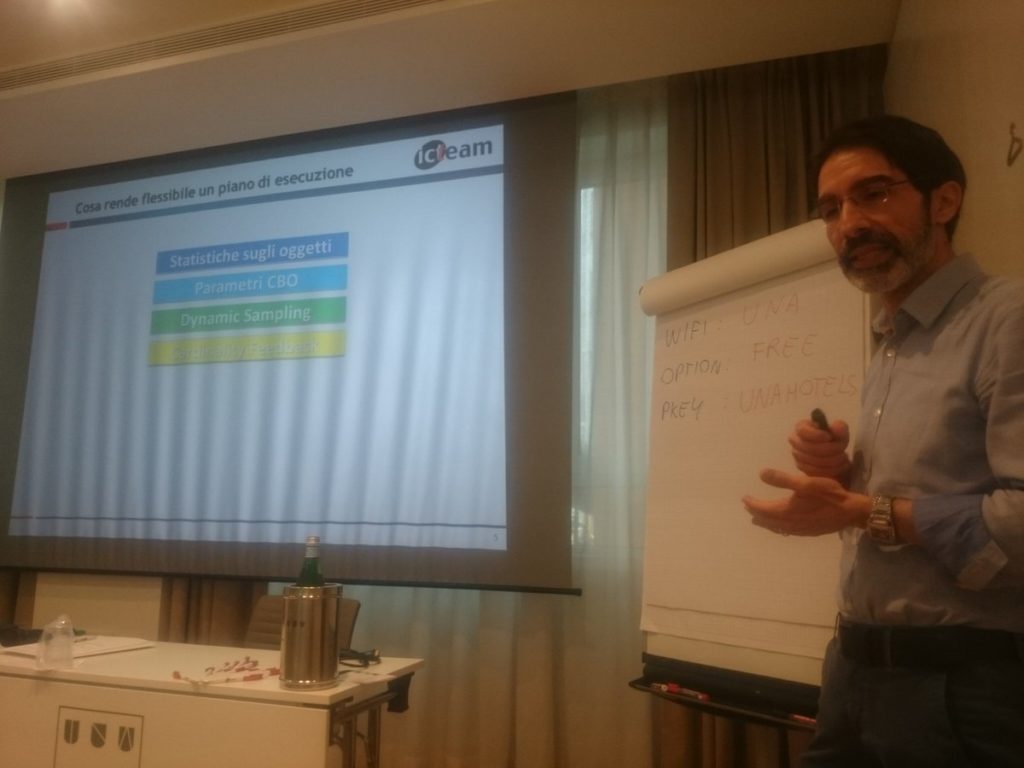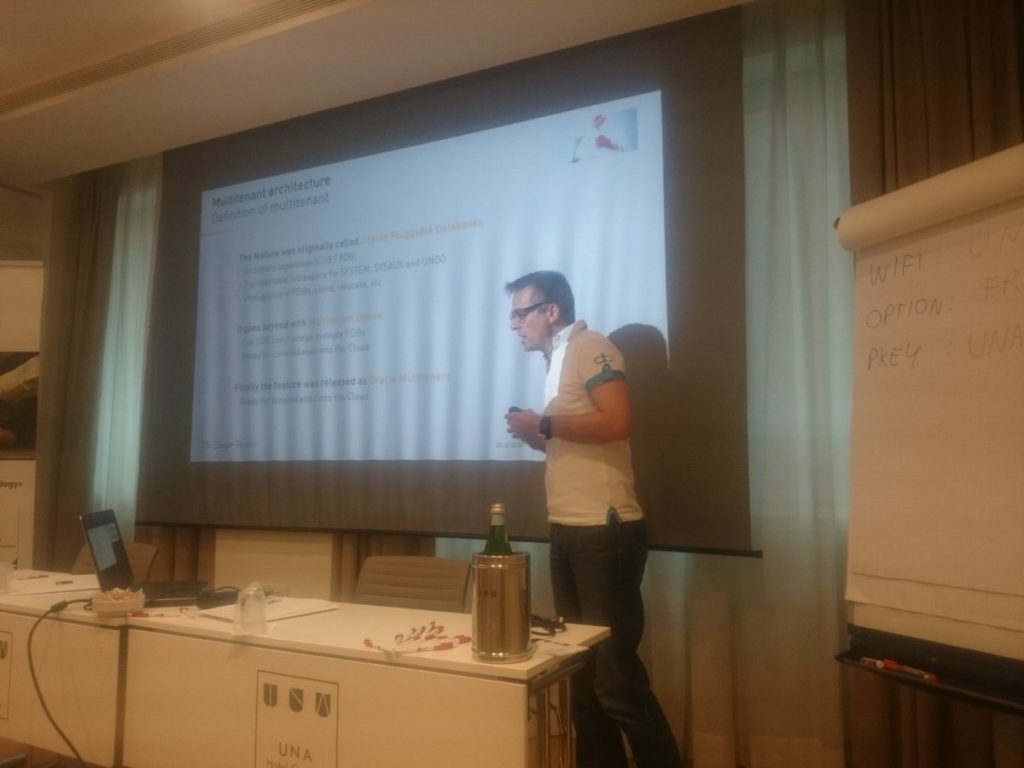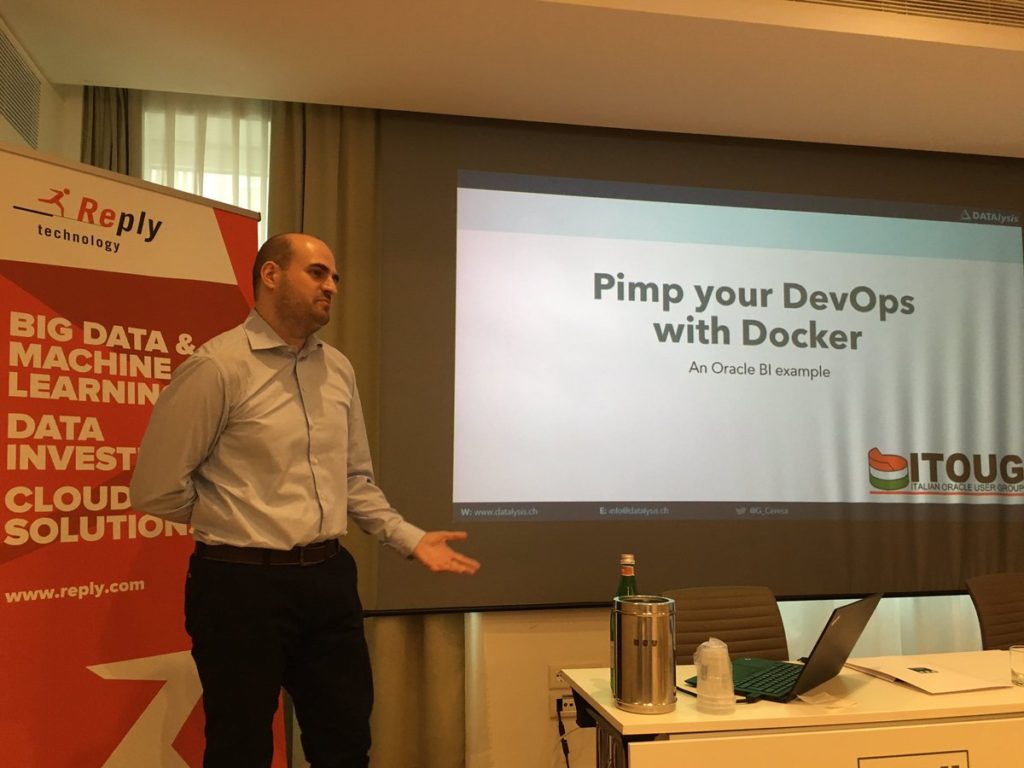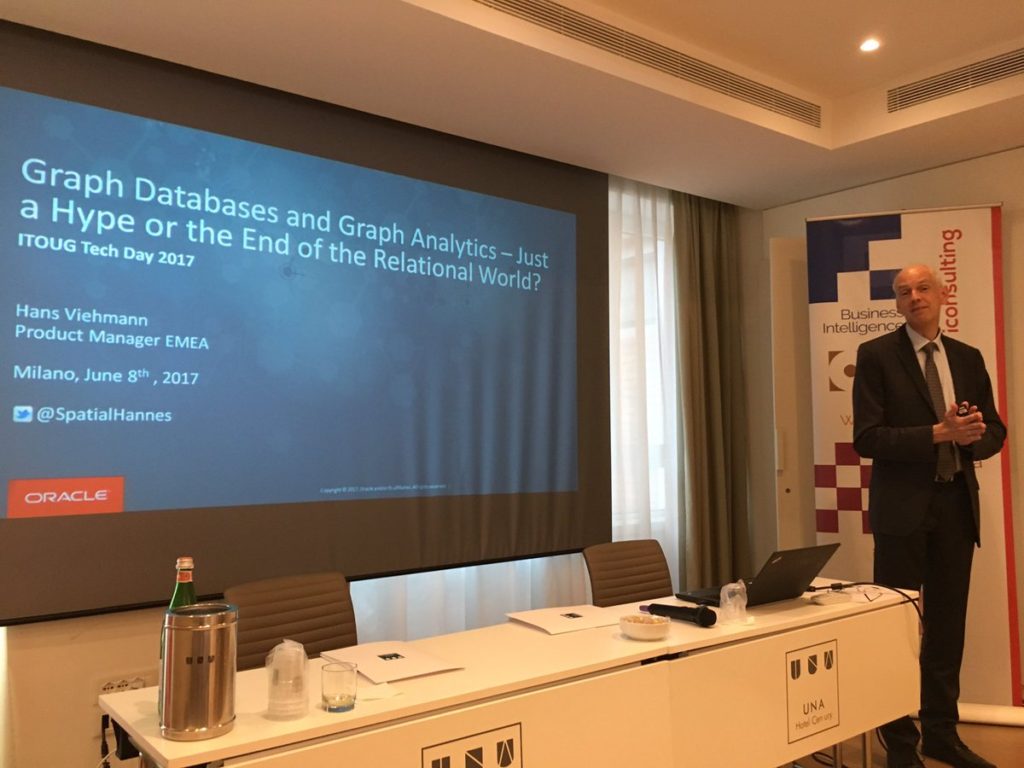I am pretty sure that every user group has had its own difficulties when starting. Because it happened that we started the ITOUG just a couple of years ago, I think it is worth to tell the story 🙂
I have been told about a team of italian DBAs willing to create a new user group, back in 2013. I decided to join the team because I was starting my journey in the Oracle Community.
We were coming from different cities (Lausanne, Vicenza, Milano, Roma)… the only solution was to meet up online, through Google Hangouts.
The first meetings were incredibly boring and not concluding (sorry ITOUG guys if you read this :-)):
You cannot start something if you do not know what you want to achieve
Of course, everybody was agreeing that it would have been nice to become the new UKOUG in the southern Europe. But being realistic: no budget, no spare time, nothing at all, we needed a starting point. We though that the starting point was a website. But even something easy like a basic website forks a lot of additional questions:
- Should it allow to publish content?
- Should it have a bulletin board?
- What about user subscription?
- What should be the content? Articles, webinars?
We created something with the idea to publish our content, but after a while it was mostly an empty container.
It took me a while to learn a first big lesson:
Democracy does not work for small User Groups
The original founder of the group decided to quit the ITOUG because nothing concrete was happening. Everybody was putting ideas on the table but nothing was happening, really.
When my friend Björn Rost proposed me to candidate Milano for the OTN Tour, I jumped on the train: it was the best way to start something concrete. I somehow “forced” the OTN Tour candidature to happen, saying to my peers: “I will do it, if you support me, thanks; otherwise I will do it alone”.
And the response was great!
Do not wait for something to happen. If you want it, take the lead and make it.
This is the biggest lesson I have learned from my involvement with user groups. People sometimes cannot contribute because they do not what to do, how to do it, or simply they do not have time because there are a gazillion of things more important than the user groups: family, work, health… even hobbies sometimes are more important 🙂
If you have an idea, it’s up to YOU to transform it in something concrete.
After the acceptance, we had to prepare the event. We proposed a few dates and Björn prepared the calendar taking into account the other user groups.
Organizing an event is not easy but not so complex either
- Set a reasonable target number of participants
- Fix a date when most contributors are available
- Get offers from different venues (pricing for the venue and the catering)
- Get an idea of the budget
- Ask different companies to sponsor the event
- Eventually ask Oracle 🙂
- Once the sponsors are committed to pay, block the venue
- Prepare and publish the Call for Paper
- Eventually start some advertising
- Select the papers
- Prepare the agenda
- Ask the speakers for confirmation about the proposed date/time
- Prepare the event registration form
- Publish the agenda
- Broadcast it everywhere 🙂 (Social media, contacts, website, Oracle through their channels)
- Interact with the hotel and the sponsor to have the proper setup, billing addresses, invoices, etc.
- Host the event
- Relax
Finding the sponsors is the most difficult part
It has been easy for the first two events to find a sponsor (just a database stream, event held in Milano), but it was not the same for the last one.
Our aim was to do a double event (Milano + Roma) with two streams in each location (DB + BI & Analytics). In Roma we have been unable to find a sponsor (if you read this AND your company may be interested in sponsoring such event in Roma, please contact me :-)), we decided then to continue with the event in Milano.
Finding the speakers is easier than you can imagine
Unless you want non-english sessions held by native speakers, there is a huge community of speakers willing to share their knowledge. For Oracle, the most obvious source of speakers is the ACE Program, and twitter is probably the best channel for finding them.
Now it has been the third time that we organized an event, and every time we have been surprised by the good attendance and feedback.
A few images from the last event

